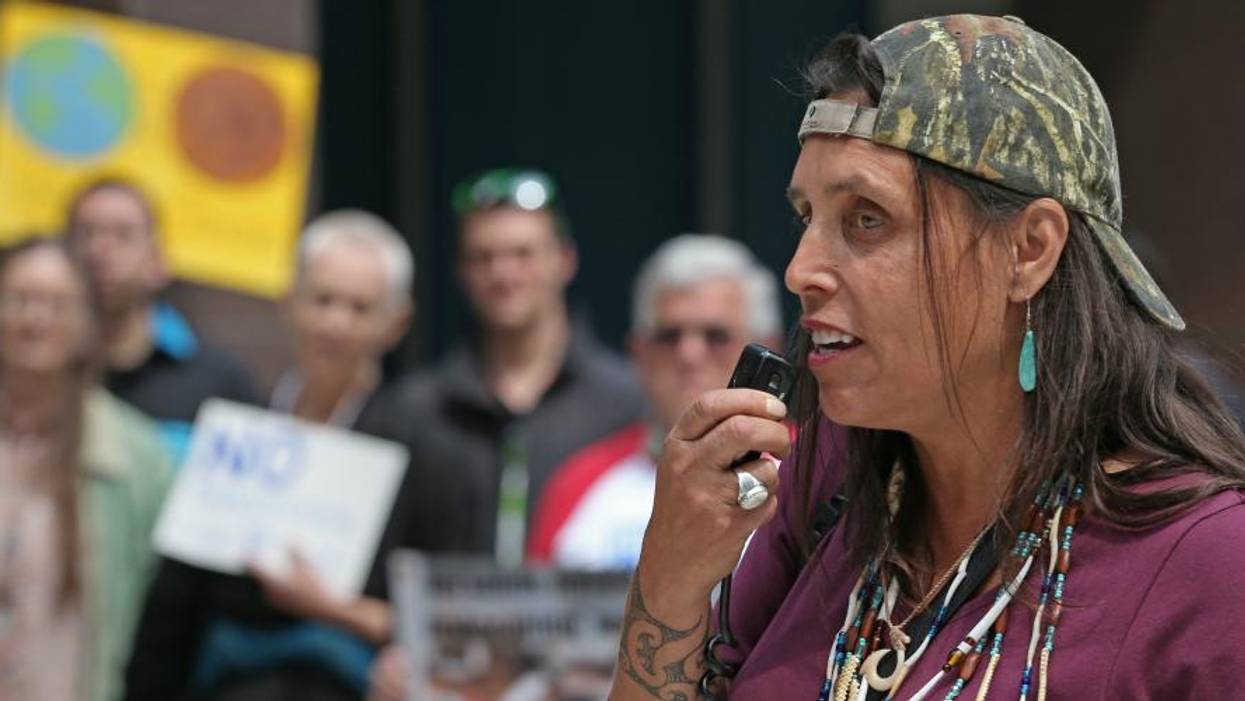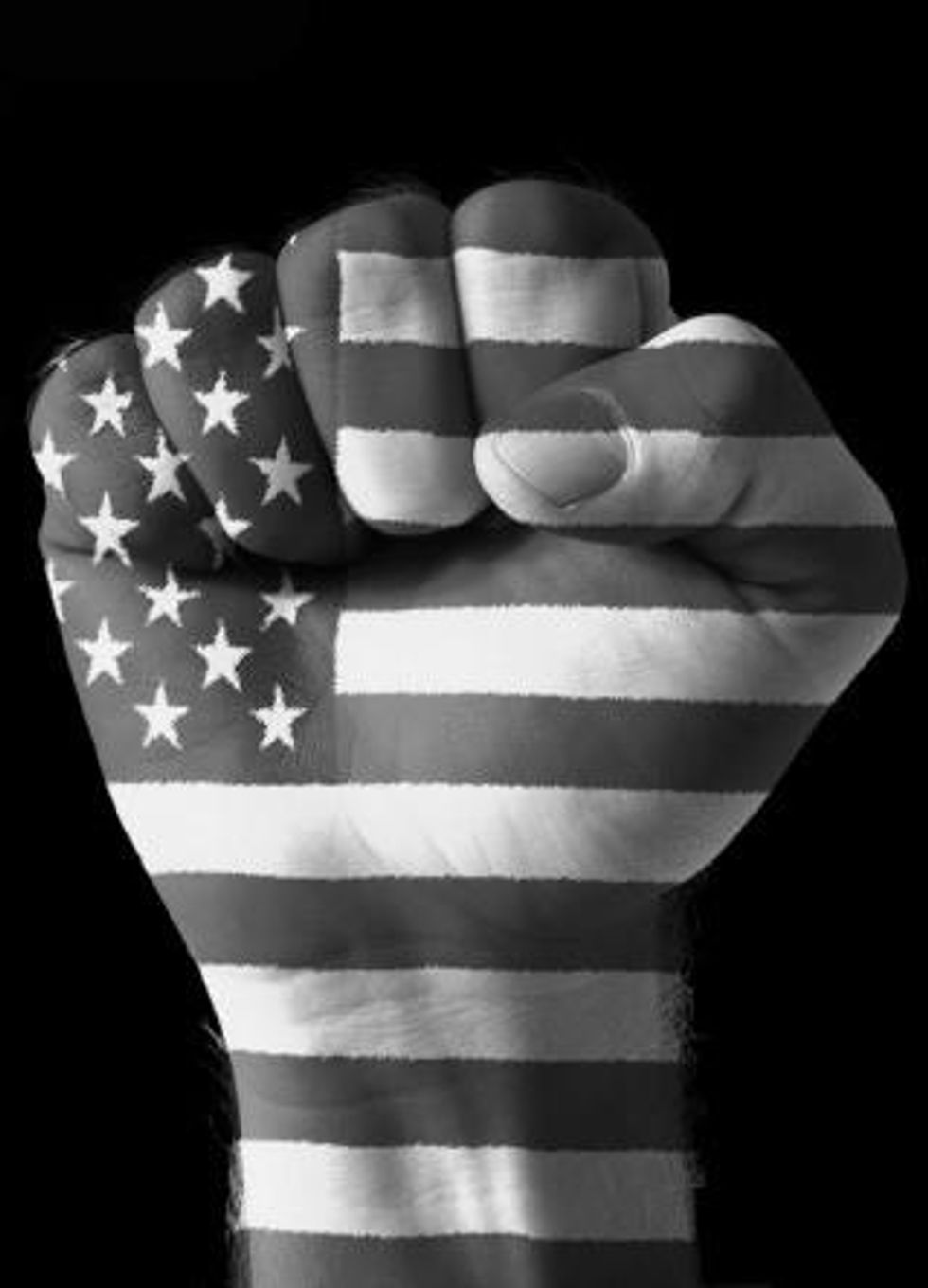I needed that Motown spirit again to bolster me in this month of the missing American Spring of 2014. I am still barely singing along to their hit "My Girl:"
I've got sunshine on a cloudy day
When it's cold outside
I've got the month of May
The month of May is here and will soon be gone, with a May winter every other day here in New York following every occasional outbreak of seasonal warmth. We know the planet is warming, but I have yet to feel it with any regularity in my neighborhood.
Worse that that, the cold outside is not just the zigzagging temperatures, but the sense that we are stuck in a political Ice Age where change of the kind that we will soon be discussing, again and again, ad finitem, at yet another Left forum is more remote than ever. While the Left talks, the Right mobilizes, certainly in Europe, save austerity-devastated Greece.
Here, the Tea Party wing nuts have all but conquered the Repugs, bolstered by new court rulings that allow their funders to buy what's still on sale in our political oligarchy in this Republic of Fear.
The Obamanauts are done. They can't steer the ship of state. They are even website-challenged and health care-damaged. Their Ukraine adventure boomeranged, leaving only half a country that needs to render unto Putin more than chocolate. They have driven the bear into his own China pivot, far more lucrative than ours, with warning bells now ringing on every front as the president still yearns for an American "exceptionalism" that is anything but, if not a mirage.
Their co-optation was a willing one, part of the game, and no longer even apologized for. Forget the Hopium. There is always a threat from the right to justify their moving right.
Who, among us, still has illusions?
Even as the spying goes on, sucking up and storing all the big data it can find, the corporations are now out-hoovering the NSA, better to manipulate the marketplace, that is, if the consumertariat has any money left to spend.
We have just passed a turning point with student debt pulling past mortgage debt in the race to the bottom.
"I know all this easy is for me to say. All I seem to have these days is this keyboard to crank out more condemnations and calls to action, knowing full well, as I do it, that I don't know what else to do. I am compelled to make media, compelled to do what I can, thinking modestly that perhaps somewhere, in hearts I don't know, words or images can still stir souls to rise."
Now, even as Snowden boasts he was a spy, not a little guy, and wants to come home, the government is outing its own, beating Wikileaks to the punch.
You can't make this up.
Here, meet our super spook station chief.
Oops!
It's hard to keep a good conspiracy theory going when the espionage business seems to be having such hard times too, caught up in its own Dante-like circles of paranoia, unable to forecast much and doomed to making old mistakes.
There are more mathematicians on the payroll at Fort Meade spy central than ever but what is it adding up to: more scoops for Glenn Greenwald & Co. and more displays of craven collusion by his puffed up critics in the increasingly detestable press?
For a corrective, listen to James Howard Kuntsler, who likes to delve into what he calls the "Deep State:"
I like to say that I'm allergic to conspiracy theories because human beings are generally too inept to carry out schemes at the grand scale, as well as being poor secret-keepers. Insider knowledge is almost always swapped around, even in secretive organizations, often recklessly so, because doling it out confers status, tactical advantage, and sometimes money for the doler-outer. But the Deep State isn't a secret. It operates in plain sight...
It's worse than ever, especially having engaged in two major fiascos on Asian soil the past decade, pointless escapades that cost the lives of 8,000 soldiers in action, many more maimed for life, and in suicides of servicemen returning home in despair to a spavined economy and the manifold indignities of a cruel and incompetent veterans' bureaucracy completely unable to care for their needs.
Besides wishing I could write like that, I have to acknowledge that he sees how bad it is, and that it is becoming worse, especially when you factor in climate change and planetary peril. What problems are being solved? How many new operating systems do we need for our Iphones? What will Apple's acquisition of Beats do for our culture except give us new ways to surround our brains with richer sound to keep us from feeling the pain?
Whatever happened to technologies that liberate the human spirit?
I want to feel hopeful, but as I look around, it's harder and harder to feel optimistic, expert perhaps to cheer on what resistance we see among fast food workers, and others trying to save the internet from the deals that have gone down or are about to go down.
- There is no neutrality in the war to save the net.
- Can the Commissars of Comcast be stopped? I doubt it, given how many lobbyists they have spreading lucre in all the right places.
- The Afghan war will someday end only to see a new army of contractors replace the uniforms, as they did in Iraq, bringing the world's first civilization to its lowest point ever.
A wise man once asked, "What is to be done?" Good question, still.
We can't give up. We know the state, deep or not, is cracking, but will it crack before we do?
We know the ice is melting, and the politicians are lying, while so many of us are sighing, but with plenty of fight still in us.
As the surveillance state watches us, we have to return the favor and watch it more closely.
Has the time for a new upsurge come? Or was the Egypt Spring the ultimate warning of how easily the muscle men in the shadows can turn it all around, no matter the cost in lives and possibility?
Sometimes, the fight back doesn't happen until it's almost too late, until the obscenity of it all is too much to take, or rationalize.
I know all this easy is for me to say. All I seem to have these days is this keyboard to crank out more condemnations and calls to action, knowing full well, as I do it, that I don't know what else to do. I am compelled to make media, compelled to do what I can, thinking modestly that perhaps somewhere, in hearts I don't know, words or images can still stir souls to rise.
Somehow, even as I age, I've still got sunshine on a cloudy day.



